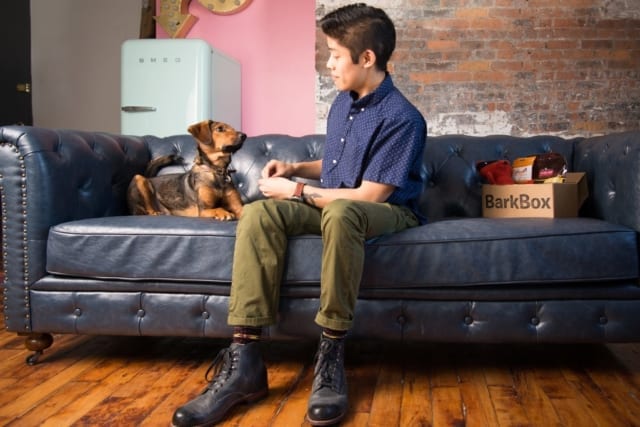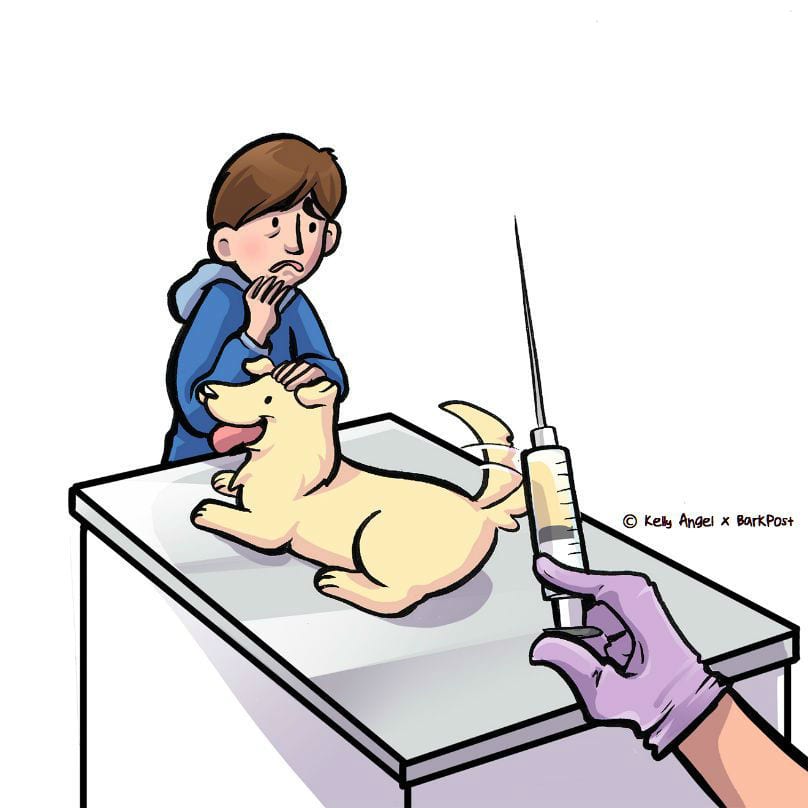What’s the difference between a trainer or a behaviorist?
The major difference between the two seems to lie in their individual goals for the dogs they work with.
Dog Behaviorists
For a Behaviorist, the goal is to assess each dog’s individual emotional problems and help to modify the behavior though reconditioning and positive reinforcement. Behaviorists encounter dogs that have already developed some type of negative behavior. They seek to identify and treat the root cause of the behavior; kind of like therapists for dogs.
Common problems behaviorists address include severe aggression with bite history, destructive behaviors and phobias. Determining the emotional root of the behavior is key to finding the right course of treatment.
Can a behaviorist prescribe drugs?
In general, no, so they often work closely with veterinarians. Additionally, most veterinarians can refer you to a good behaviorist or trainer (or vice versa).
Most behaviorists will warn against choosing a new family dog based solely on aesthetics. Sometimes a perfect match may be made with the last dog an adopter would have thought to choose. Temperament, personality and lifestyle have much more to do with a successful adoption than size or looks. As for breed, well, dogs will be dogs. Any breed has the potential to become a loving pet or a holy terror.
Dog Trainers
Dog Trainers focus on different aspects of canine behavior. A trainer is more like a teacher or coach. They equip dogs with the tools they need to perform in a variety of situations, from basic obedience to agility and complex services with the military and law enforcement.
Do they ever work together?
Definitely. Although that behaviorists and trainers have different goals for the dogs they work with, the two professions often work hand in hand in order to help troubled dogs. If a trainer recognizes emotional issues (such as fear aggression in dogs) they will often refer the dog to a behaviorist if the issue is beyond her comfort level. Often for trainers, a red flag that a dog needs the care of a behaviorist is failure to respond to typical positive reinforcement techniques like treats or play.
Both also stress that the cooperation of the owner in carrying on the training is vital to success, much like continued diet and exercise after sessions with a personal trainer is vital to weight loss.
Trainers and Behaviorists each serve vital functions in strengthening the human-canine bond. Whether a dog has suffered emotional damage and is in need of behavioral therapy, or a pup is chosen to undergo training as a service dog to a wounded veteran; both professions are helping to make this world a better place for dogs and people alike.







